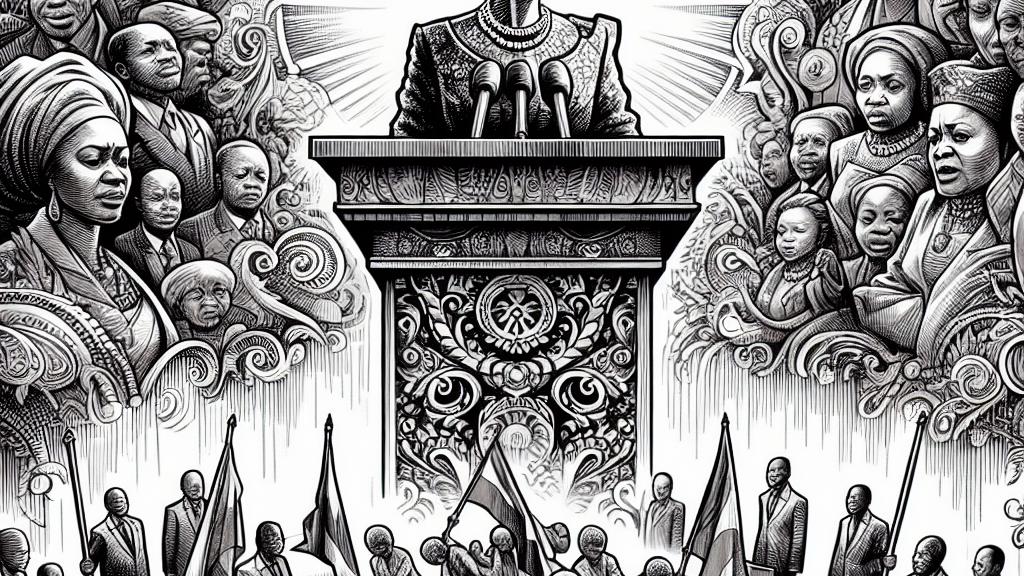Namibia Set to Elect Its First Female President
Overview
- Netumbo Nandi-Ndaitwah is poised to become Namibia's first female president, marking a significant milestone.
- The ruling SWAPO party grapples with declining public support due to economic hardships.
- Regional political upheaval sets the stage for Namibia's pivotal election.

A Momentous Historical Turning Point
Namibia stands at a crossroads, with the potential to elect its first female president, Netumbo Nandi-Ndaitwah. This moment is not just a personal triumph for Nandi-Ndaitwah but a profound historical turning point for Namibia and the African continent as a whole. Currently the vice-president, she has emerged as a central figure in the ruling South West Africa People’s Organisation (SWAPO), which has held power since the country gained independence in 1990. Currently, with more than 58% of the votes counted, she appears to be leading the race. However, whispers of discontent linger in the air, particularly from her rival, Panduleni Itula, who claims the electoral process has been marred by malpractice and logistical issues. This controversy, fueled by allegations of vote mismanagement, casts a shadow over what should be a celebratory moment, raising crucial questions about the integrity of the electoral system.
Changing Political Landscape: The Rise of Youth Voices
As the electoral excitement builds, a distinct yet powerful narrative is emerging among the youth of Namibia. Increasingly, young voters are expressing their dissatisfaction with SWAPO’s governance, driven by frustrations over rampant unemployment, poverty, and the lagging economy. This mounting discontent echoes broader trends seen elsewhere in Southern Africa, where former liberation movements have gradually eroded their support base. Take South Africa, for example, where the ANC recently lost its parliamentary majority for the first time. Similarly, in Botswana, the long-ruling party was ushered out of power. While SWAPO faces this daunting backdrop, the fragmented nature of opposition parties in Namibia may hinder their ability to capitalize on public sentiment. Despite the challenges, the desire for change among younger voters is increasingly vibrant and palpable, signifying a shift toward demanding accountability and innovative solutions to long-standing issues.
Charting a New Path: Opportunities and Challenges Ahead
As Namibia prepares for the conclusion of its election, the prospect of electing a female president could herald a new chapter in its political history. Netumbo Nandi-Ndaitwah’s vision includes ambitious plans to mitigate unemployment, asserting her commitment to creating over 500,000 jobs within five years. However, this ambitious goal raises eyebrows among economists and voters alike, who question its feasibility in light of ongoing challenges such as corruption and economic inequality. Acknowledging Namibia’s rich natural resources—diamonds, uranium, and recently explored oil—Nandi-Ndaitwah emphasizes the need to ensure that these assets benefit the local population. The road ahead will undoubtedly be paved with both opportunity and obstacles, suggesting that this election might be more than just a leadership transition; it could also ignite a much-needed conversation about governance, equality, and the future aspirations of the Namibian people. As the final voting results loom, all eyes will be on Namibia, eager to see if the country can indeed pave the way for a new era of leadership.

Loading...